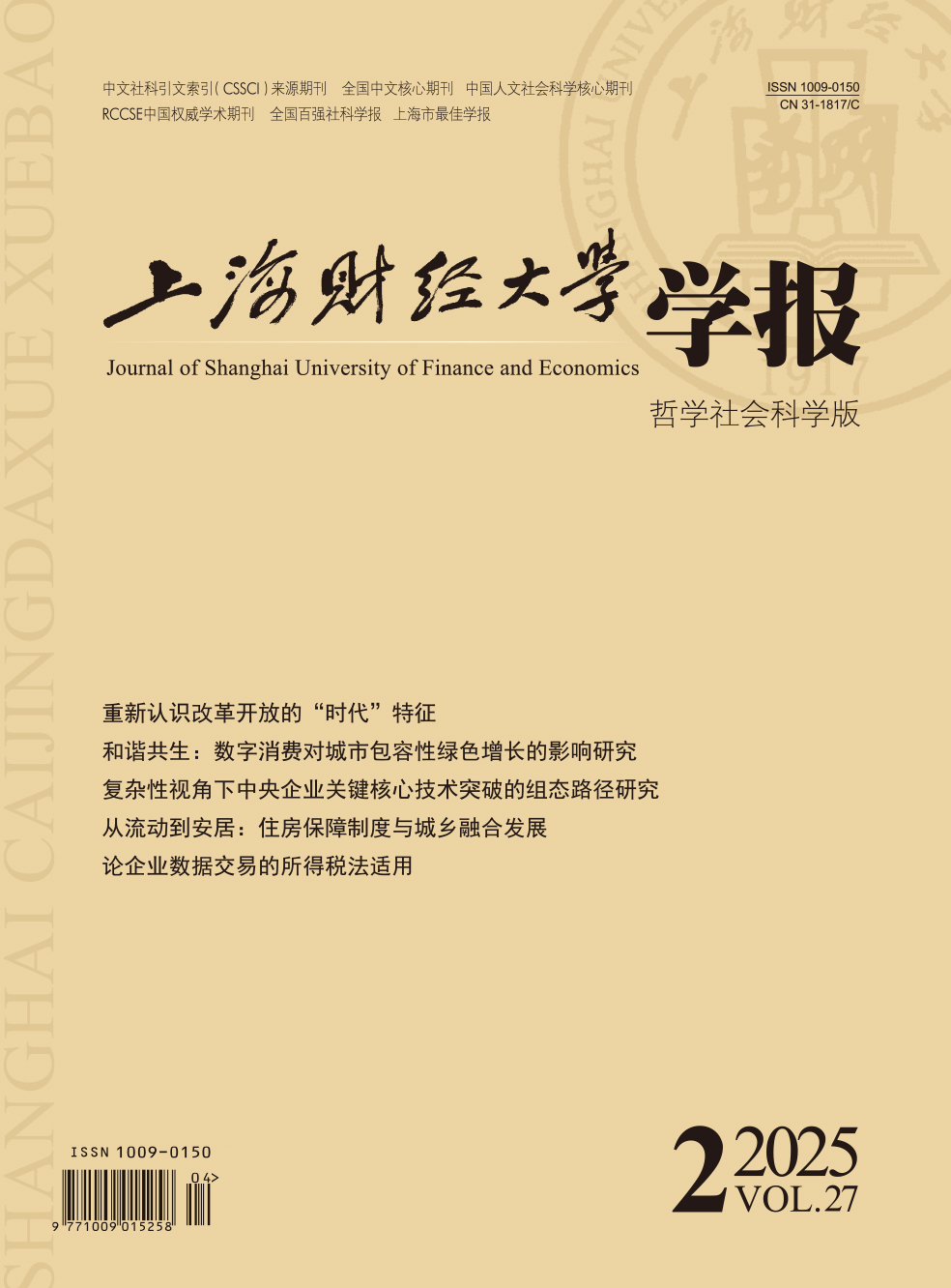新型冠状肺炎疫情全球蔓延使实体经济发展和金融市场稳定遭受重挫,如何维护资本市场秩序成为政府和投资者共同关注的问题。文章从微观层面考察高管个人从军经历对公司股价崩盘风险的影响,实证结果表明,高管从军经历能够有效降低股价崩盘风险,且董事长从军经历的作用更加显著。进一步地,高管从军经历对股价崩盘风险的降低效应在公司由“非前十大”审计以及当地政府官员具有从军经历时更加突出,即从军经历通过两种机制影响高管隐瞒坏消息的动机:(1)高管从军经历具有烙印效应,当公司治理环境较差时,可作为公司正式治理机制的替代机制;(2)从军高管和从军官员之间形成的社会关系网络具有资源效应和监督效应,既能降低公司陷入困境的概率也能约束高管的信息披露行为。文章揭示了高管从军经历影响企业信息披露行为的作用路径,并对新兴市场国家中企业如何优化高管团队结构具有启示意义。
高管从军经历能否抑制上市公司股价崩盘风险——基于高管人力资本与社会资本的视角
摘要
参考文献
1 陈冬华,祝娟,俞俊利. 盈余管理行为中的经理人惯性——一种基于个人道德角度的解释与实证[J]. 南开管理评论,2017,(3). DOI:10.3969/j.issn.1008-3448.2017.03.004
4 戴亦一,余威,宁博,等. 民营企业董事长的党员身份与公司财务违规[J]. 会计研究,2017,(6). DOI:10.3969/j.issn.1003-2886.2017.06.005
11 廖方楠,韩洪灵,陈丽蓉. 高管从军经历提升了内部控制质量吗?——来自我国上市公司的经验证据[J]. 审计研究,2018,(6). DOI:10.3969/j.issn.1002-4239.2018.06.010
12 罗进辉,杜兴强. 媒体报道、制度环境与股价崩盘风险[J]. 会计研究,2014,(9). DOI:10.3969/j.issn.1003-2886.2014.09.003
13 权小锋,醋卫华,尹洪英. 高管从军经历、管理风格与公司创新[J]. 南开管理评论,2019,(6). DOI:10.3969/j.issn.1008-3448.2019.06.016
14 权小锋,徐星美,蔡卫华. 高管从军经历影响审计费用吗?——基于组织文化的新视角[J]. 审计研究,2018,(2). DOI:10.3969/j.issn.1002-4239.2018.02.016
16 宋德舜. 国有控股、最高决策者激励与公司绩效[J]. 中国工业经济,2004,(3). DOI:10.3969/j.issn.1006-480X.2004.03.014
23 张劲. 略论美国军队的思想政治教育[J]. 南京政治学院学报,2001,(5). DOI:10.3969/j.issn.1001-9774.2001.05.023
24 Bamber L S,Jiang J,Petroni K R,et al. Comprehensive income:Who's afraid of performance reporting?[J]. The Accounting Review,2010,85(1):97–126. DOI:10.2308/accr.2010.85.1.97
25 Benmelech E,Frydman C. Military CEOs[J]. Journal of Financial Economics,2015,117(1):43–59. DOI:10.1016/j.jfineco.2014.04.009
26 Berkowitz L,Lepage A. Weapons as aggression-eliciting stimuli[J]. Journal of Personality and Social Psychology,1967,7(2):202–207. DOI:10.1037/h0025008
27 Coleman J S. Social capital in the creation of human capital[J]. American Journal of Sociology,1988,94:S95–S120. DOI:10.1086/228943
28 Daboub A J,Rasheed A M A,Priem R L,et al. Top management team characteristics and corporate illegal activity[J]. Academy of Management Review,1995,20(1):138–170. DOI:10.5465/amr.1995.9503271999
29 DeAngelo L E. Auditor size and audit quality[J]. Journal of Accounting and Economics,1981,3(3):183–199. DOI:10.1016/0165-4101(81)90002-1
30 Dechow P M,Sweeney S A P. Detecting earnings management[J]. Accounting Review,1995,70(2):193–225.
31 Duffy T. Military experience and CEOs: Is there a link? [R]. Korn/Ferry International Report, 2006.
32 Fama E F. Agency problems and the theory of the firm[J]. Journal of Political Economy,1980,88(2):288–307. DOI:10.1086/260866
33 Graham J R,Harvey C R,Rajgopal S. The economic implications of corporate financial reporting[J]. Journal of Accounting and Economics,2005,40(1–3):3–73. DOI:10.1016/j.jacceco.2005.01.002
34 Granovetter M. Economic action and social structure:The problem of embeddedness[J]. American Journal of Sociology,1985,91(3):481–510. DOI:10.1086/228311
35 Griffin D,Tversky A. The weighing of evidence and the determinants of confidence[J]. Cognitive Psychology,1992,24(3):411–435. DOI:10.1016/0010-0285(92)90013-R
36 Hambrick D C,Mason P A. Upper echelons:The organization as a reflection of its top managers[J]. Academy of Management Review,1984,9(2):193–206. DOI:10.5465/amr.1984.4277628
37 Hutton A P,Marcus A J,Tehranian H. Opaque financial reports,R 2,and crash risk[J]. Journal of Financial Economics,2009,94(1):67–86. DOI:10.1016/j.jfineco.2008.10.003
39 Killgore W D S,Cotting D I,Thomas J L,et al. Post-combat invincibility:Violent combat experiences are associated with increased risk-taking propensity following deployment[J]. Journal of Psychiatric Research,2008,42(13):1112–1121. DOI:10.1016/j.jpsychires.2008.01.001
40 Kim J B,Li Y H,Zhang L D. CFOs versus CEOs:Equity incentives and crashes[J]. Journal of Financial Economics,2011a,101(3):713–730. DOI:10.1016/j.jfineco.2011.03.013
41 Kim J B,Li Y H,Zhang L D. Corporate tax avoidance and stock price crash risk:Firm-level analysis[J]. Journal of Financial Economics,2011b,100(3):639–662. DOI:10.1016/j.jfineco.2010.07.007
42 Koch-Bayram I F,Wernicke G. Drilled to obey?Ex-military CEOs and financial misconduct[J]. Strategic Management Journal,2018,39(11):2943–2964. DOI:10.1002/smj.2946
43 Kothari S P,Shu S S,Wysocki P D. Do managers withhold bad news?[J]. Journal of Accounting Research,2009,47(1):241–276. DOI:10.1111/j.1475-679X.2008.00318.x
44 LaFond R,Watts R L. The information role of conservatism[J]. The Accounting Review,2008,83(2):447–478. DOI:10.2308/accr.2008.83.2.447
45 Larwood L,Whittaker W. Managerial myopia:Self-serving biases in organizational planning[J]. Journal of Applied Psychology,1977,62(2):194–198. DOI:10.1037/0021-9010.62.2.194
46 Law K K F,Mills L F. Military experience and corporate tax avoidance[J]. Review of Accounting Studies,2017,22(1):141–184. DOI:10.1007/s11142-016-9373-z
48 Malmendier U,Tate G,Yan J. Overconfidence and early-life experiences:The effect of managerial traits on corporate financial policies[J]. The Journal of Finance,2011,66(5):1687–1733. DOI:10.1111/j.1540-6261.2011.01685.x
49 Wansink B,Payne C R,Van Ittersum K. Profiling the heroic leader:Empirical lessons from combat-decorated veterans of World War II[J]. The Leadership Quarterly,2008,19(5):547–555. DOI:10.1016/j.leaqua.2008.07.010
引用本文
曹雅楠, 蓝紫文. 高管从军经历能否抑制上市公司股价崩盘风险——基于高管人力资本与社会资本的视角[J]. 上海财经大学学报, 2020, 22(4): 123-137.
导出参考文献,格式为:





 5075
5075  5596
5596

